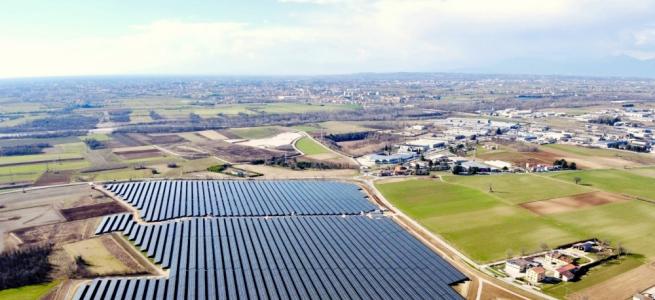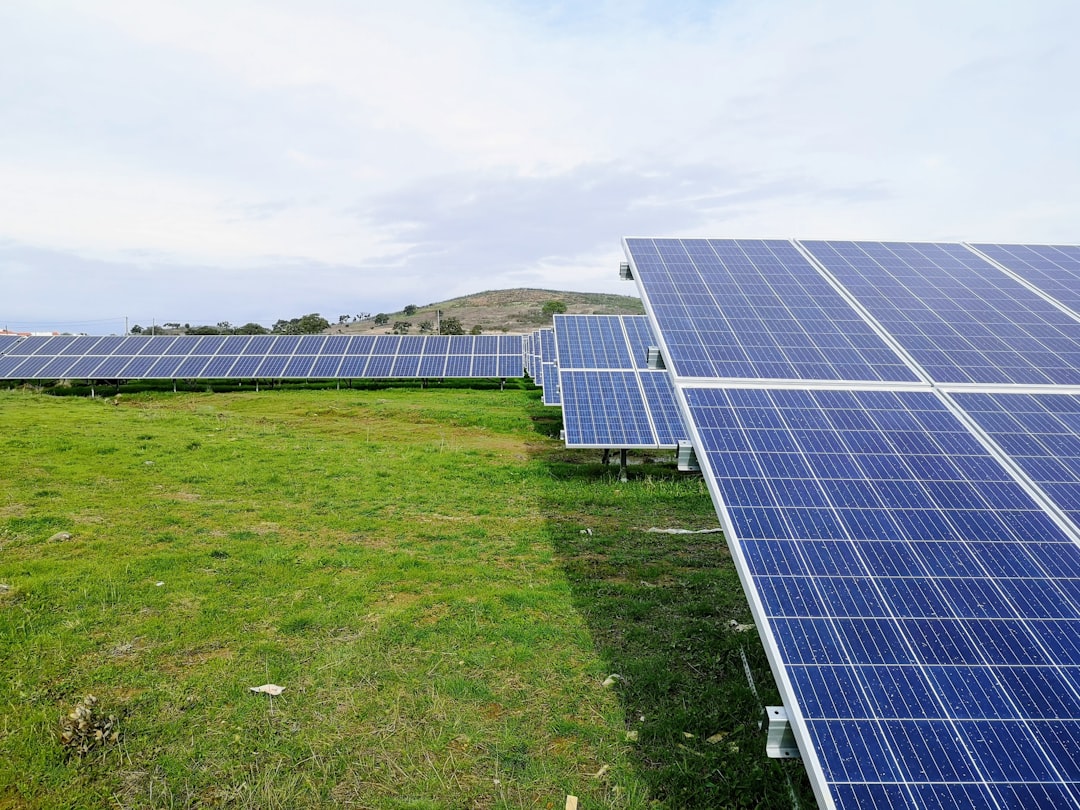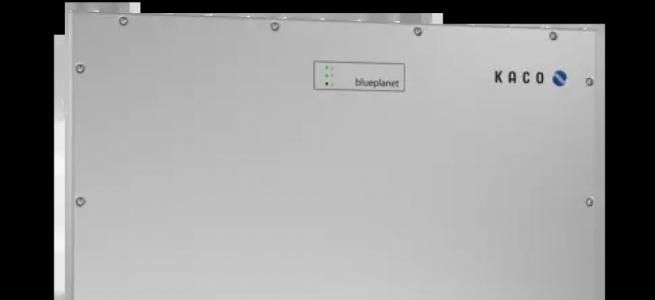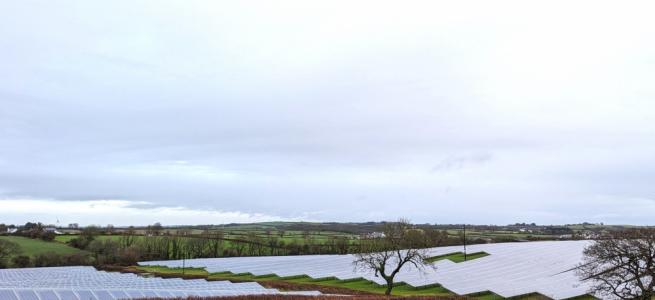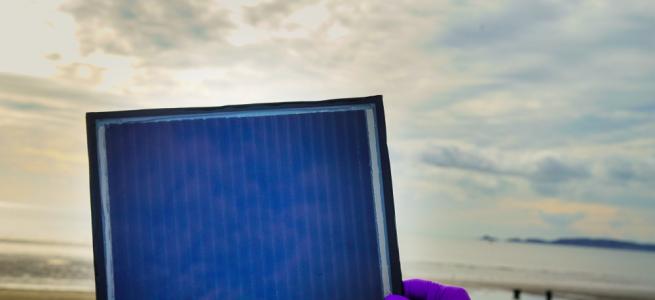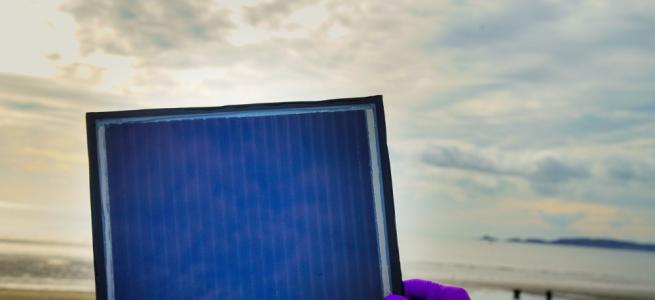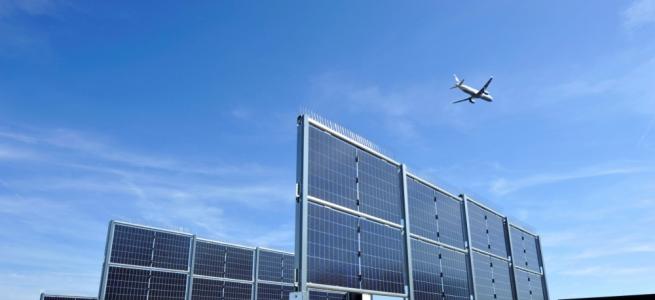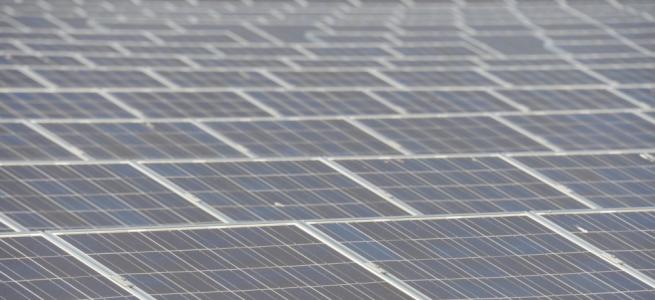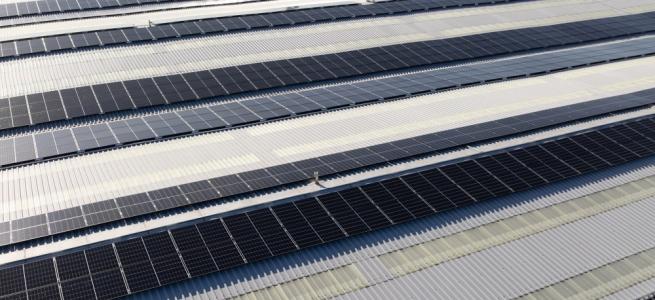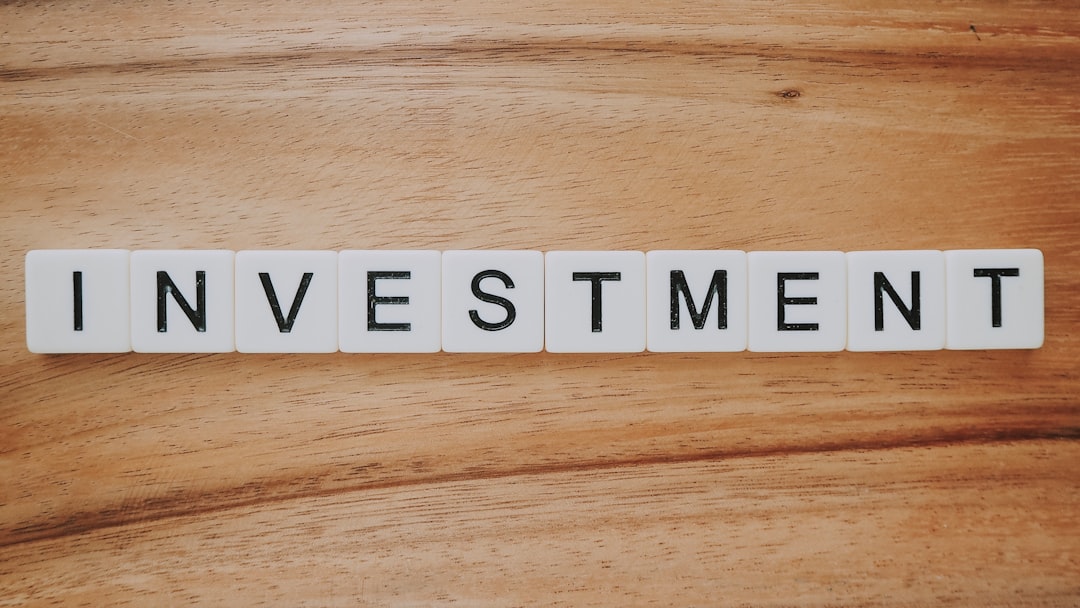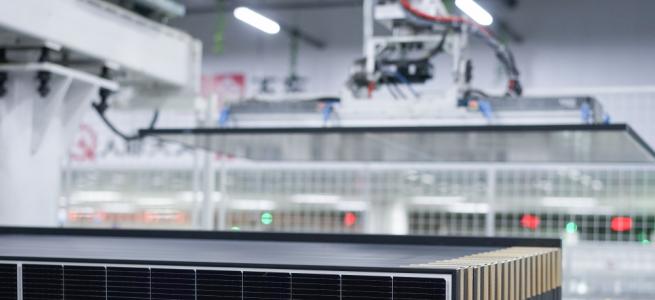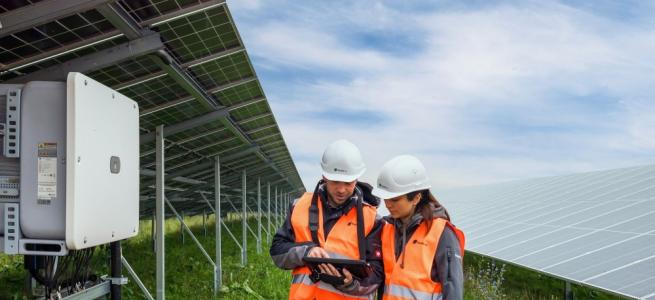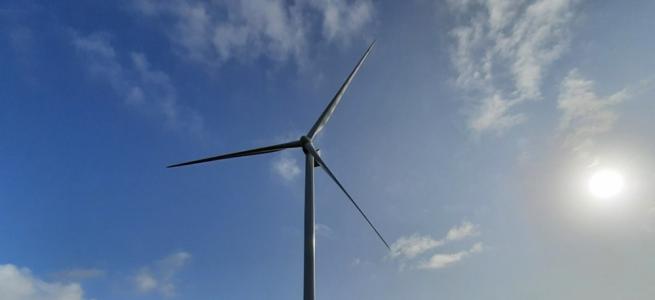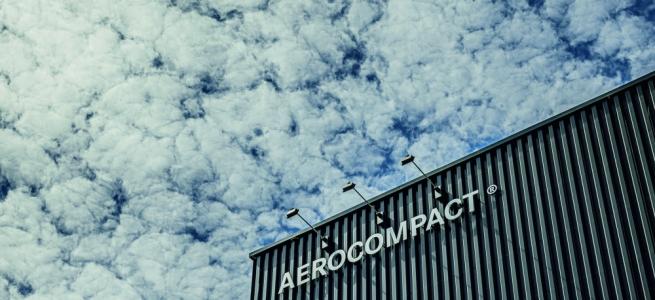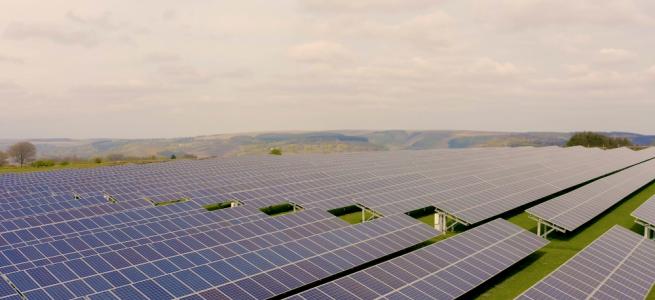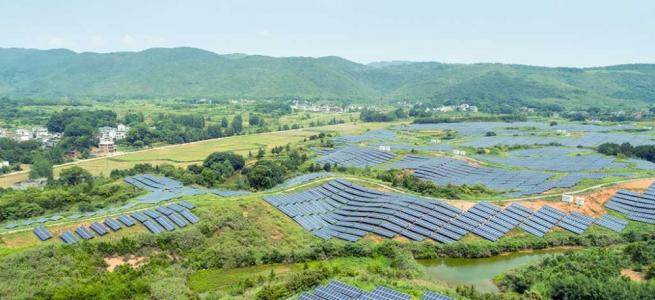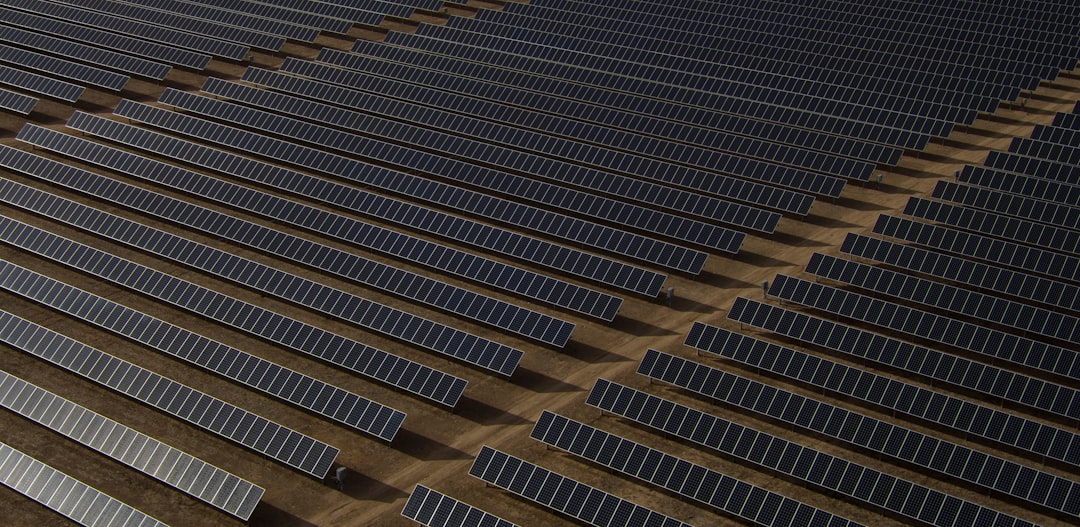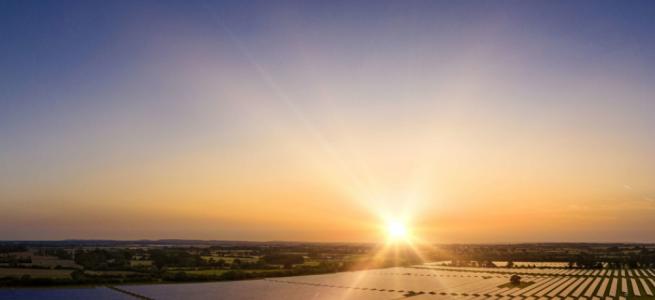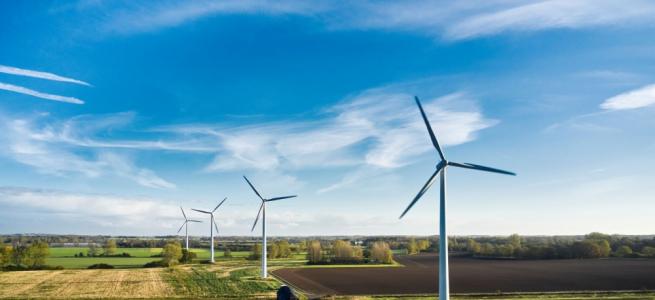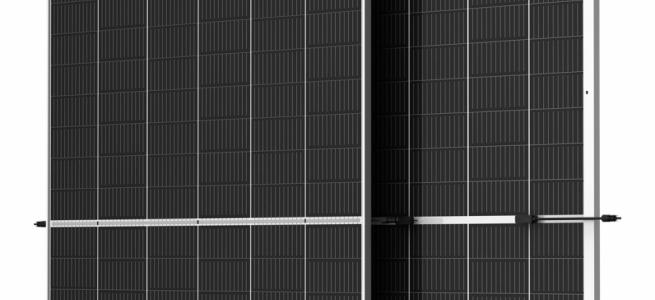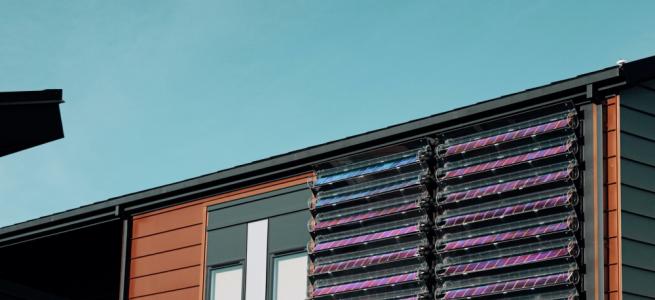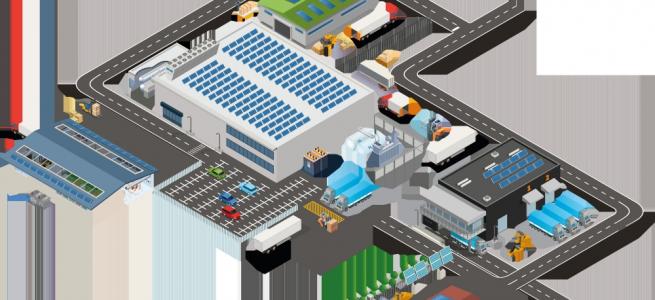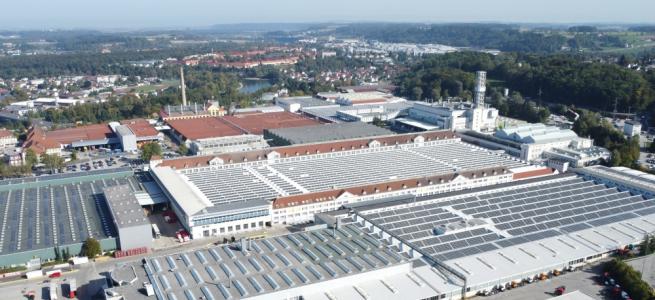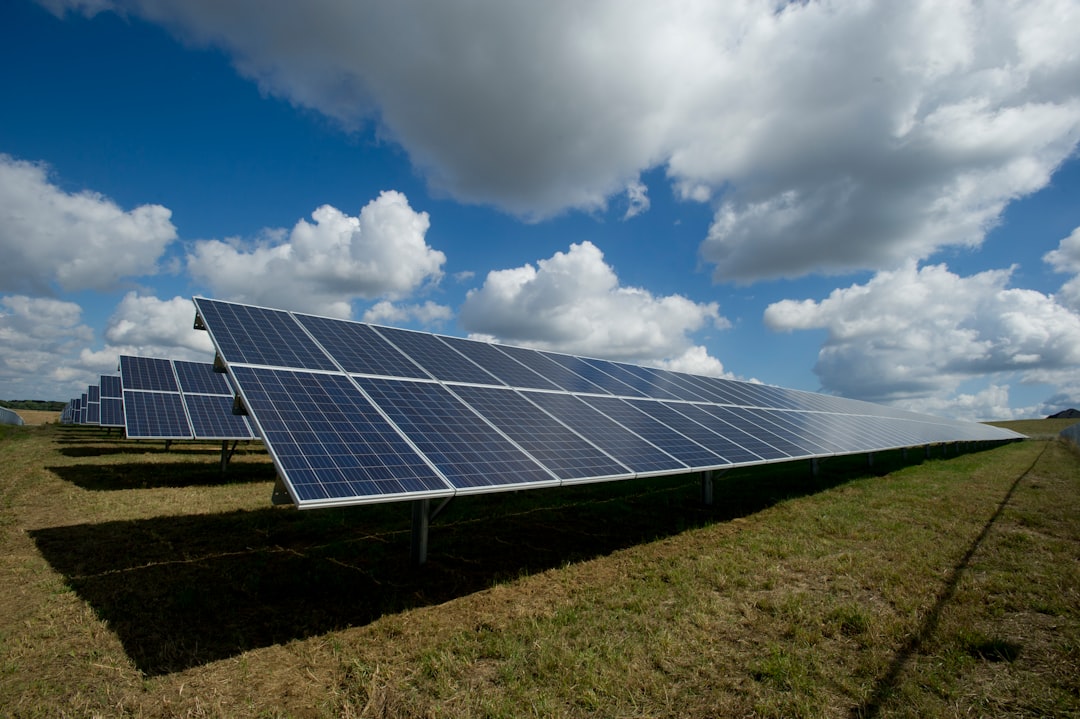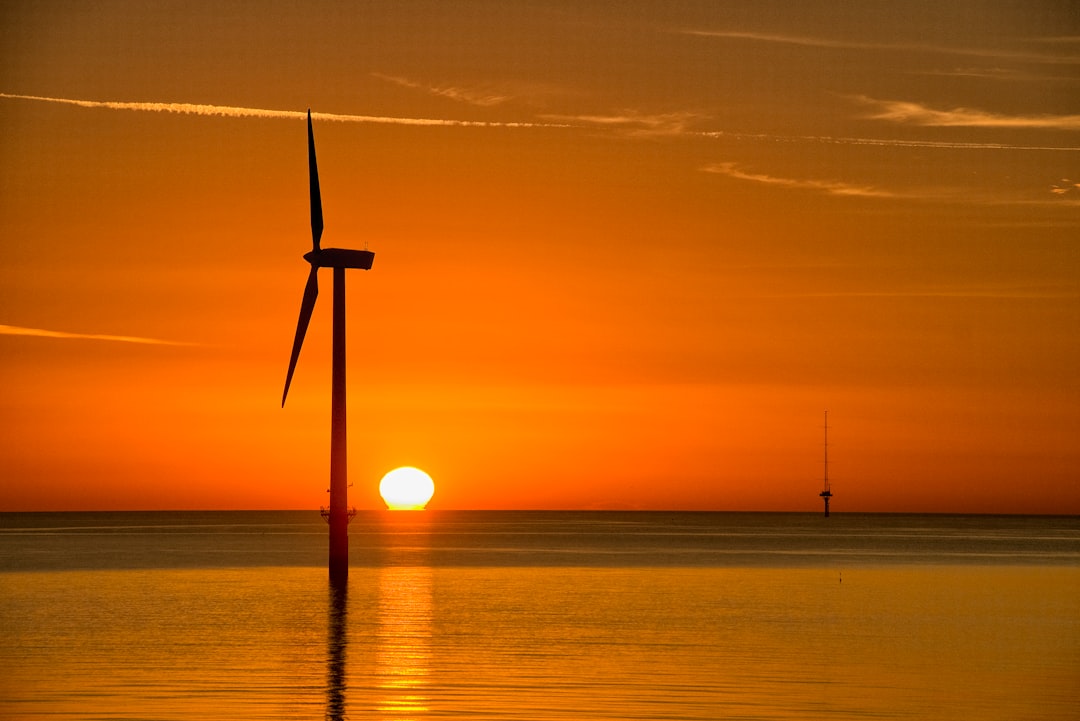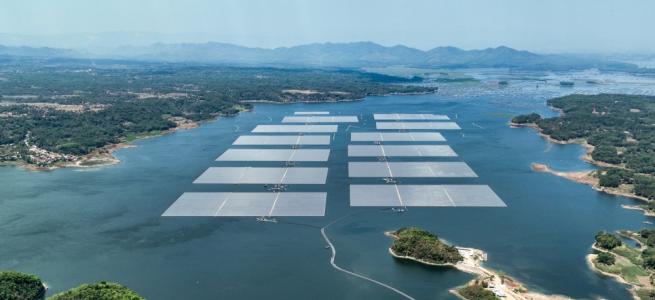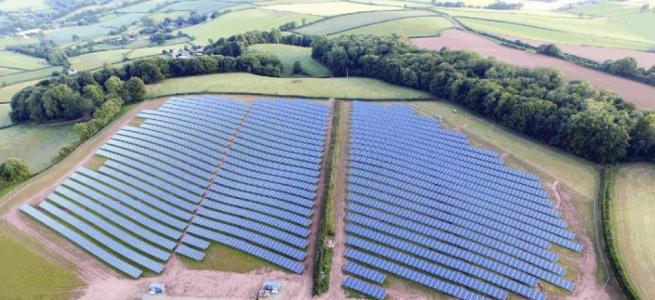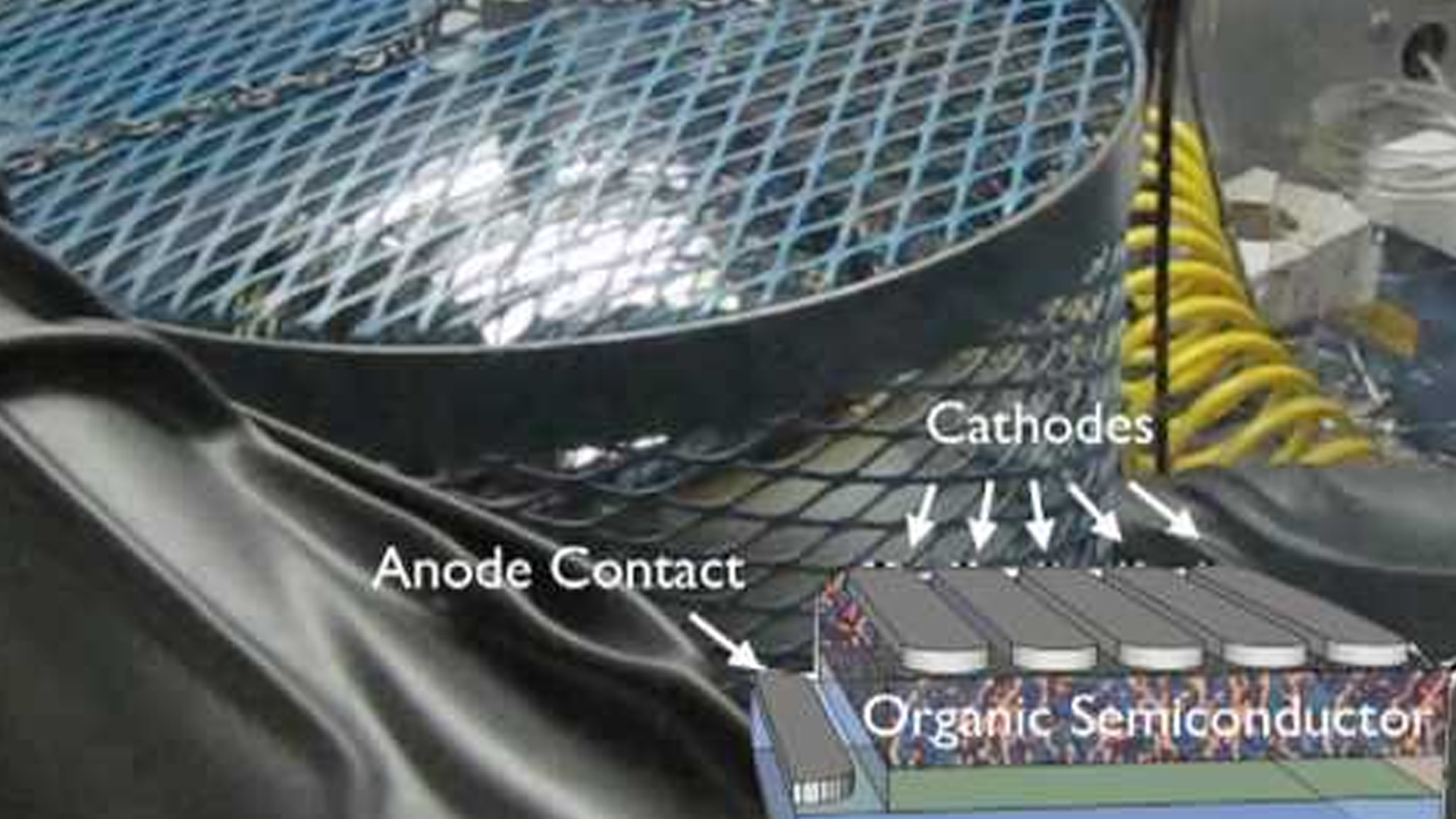Solar in Ireland can deliver up to 2GW by 2021
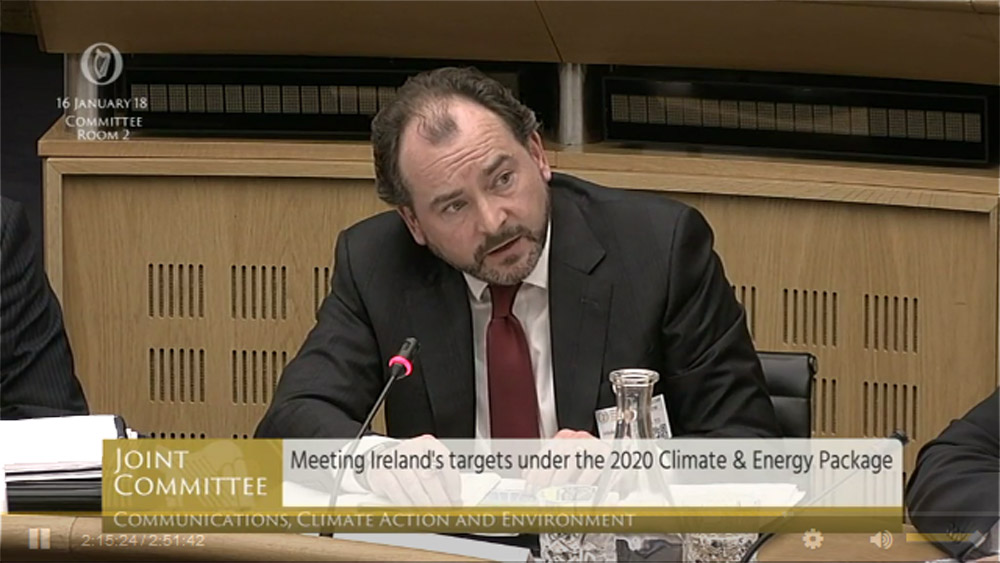
Following the meeting of the Joint Committee on Communications, Climate Action and Environment on 16 Jan at Leinster House regarding Ireland's targets under the 2020 Climate & Energy Package, David Maguire, Chairman of the Irish Solar Energy Association issued the this statement.
Dear Cathaoirleach,
To begin with, on behalf of ISEA, I want to express our appreciation to you, the committee members and the secretariat for providing us with the opportunity to present to you this afternoon. Joining me today are our CEO Michael McCarthy, and ISEA committee members Michael Moore and Barry Sherry.
The Irish Solar Energy Association (ISEA) was founded in May 2013. ISEA is committed to bringing attention to the value of solar energy's contribution to Ireland's economic and environmental future. ISEA is committed to contributing to the development of viable renewable energy policies that support the development of solar in Ireland via lobbying activities, conferences, and other forums that bring key stakeholders together to shape policy
Ireland has shown great resilience through recent difficult economic times and is very much back in business after the recession. The economy is in a growth stage again and despite urgent and significant difficulties in housing and health, there is a great deal to be positive about. While Brexit continues to be a threat to our economic growth and prosperity, there are potential benefits to Ireland. Government is right to concentrate efforts on these pressing issues. However, there is genuine concern from the public (as recently demonstrated by the Citizens Assembly, An Taisce, Friends of the Earth and others) and by State Agencies such as the EPA, SEAI and the Climate Change Advisory Council that not enough is being done to tackle Climate Change.
While recent publication and consultation on the National Mitigation Plan and the Renewable Energy Support Scheme (RESS) are to be welcomed, both lack ambition and actions to deliver policy that is required to meet our 2020 commitments. John Fitzgerald of the CCAC stated that the National Mitigation plan fails to provide a pathway for Ireland to meet its 2020 targets and the proposed 2030 targets. Laura Burke of the EPA has stated that in the last year our Green House Gas emissions (GHG) have increased by 3.7% and we have failed to decouple the economy from carbon emissions. Jim Gannon of SEAI has stated that we are likely to miss our 2020 targets by 3%.
The Climate Change Performance Index which ranks countries on climate change performance using 14 indicators on GHG emissions, renewable energy, energy use and climate policy, recently ranked Ireland as 49 out of 56 States. The ranking puts Ireland as the worst performer in Europe on Climate Change by some margin. This is a damaging Ireland reputation in not only Europe but globally. Ireland has been hugely successful in attracting FDI and selling the image of the "Green Island'. Representations have been made by a number of US multinationals to the Irish Government that Ireland is not doing enough to deploy renewable energy. Our clean green image is being rapidly tarnished by inaction on climate policy. Ireland is running the risk of becoming less attractive for FDI. In terms of immediate
Energy financial implications, the failure to meet our 2020 target will result in costs to the exchequer in the order of €420 million per annum.
The efficient deployment of solar PV in Ireland can significantly mitigate this impending financial liability and contribute to the growth of the economy and aid in reaching our 2030 climate change targets. Solar PV is a technology that has been proven over the last 30 years. In the last decade, the global industry has grown significantly. According to Bloomberg there was more investment in solar than wind. The Economist estimated that over $161bn was invested in solar in 2016 alone. That's more than coal and gas in the same period. The sector has seen rapid growth in both utility scale and roof-top across the globe and Europe. Ireland is the only EU member state not to provide a support mechanism for solar and subsequently has no participation in the sector. Solar is the cheapest form of renewable generation after on-shore wind in Ireland. Yet we have no deployment to-date. We do however, have a late mover advantage, we can now deploy solar using best practice learned from other member states. We can design the most effective support mechanism and deliver value for money to the consumer. We can adopt best practice in terms of technology, design planning, construction etc.
The cost of solar has decreased dramatically in the last ten years and has settled in the last three years to achieve a more modest 7% to 8% annual cost reduction. Furthermore, the cost of capital for renewable energy infrastructure is historically low meaning that projects have never been cheaper to build. Ireland's late move to solar means that we can benefit from these market forces to deploy solar at an ideal moment in time when we need it most and at a historically low cost.
Solar can deliver between 1.5 and 2GW of installed capacity by 2021 avoiding over half of our shortfall on our 2020 target. ISEA estimate that the deployment of 1.5GW of solar would cost the consumer an average of €14m per annum or less than €0.7 per month on the PSO and avoid a potential fine/cost of €280m per annum (figures based on a 20 yr CFD auction).
The industry is ready to deliver with over 1.8GW of applications to connect to the grid being processes or awarded and over IGW with planning awarded and another 1.1GW with planning pending. The actual construction times for solar vary between 1 and 2MW per week. Within the roof-top sector there are many Irish SMEs ready to deploy solar and are continuing to up-skill to fulfill an expected demand. Clearly the industry can deliver on 1.5MW or 2GW of solar by 2021.
ISEA welcomes the proposal of DCCAE to run an auction process as this will deliver the best value to the consumer. However, in order to deliver solar in the quantum at the value outlined above technology specific auctions (twice a year) with minimum of 500MW of solar auctioned per annum from 2018 until 2021 would be required. Thereafter annual auctions of 250MW should contribute significantly to our 2030 targets. We would further ask that DCCAE consider the running of auctions for sub IOMW and greater than IOMW projects. On roof-top solar, ISEA is calling for a Feed-in-Tariff to encourage deployment. On domestic we are calling for a micro-generation tariff. Designed correctly the auction should deliver real value to the consumer over the medium to long term. If the correct tariff for roof-top solar is adopted, solar can mitigate against fuel poverty.
Without a speedy implementation of the RESS, solar will not be able to deploy in time to mitigate against the costs of missing our 2020 targets. We would urge the JOC to consider any mechanism where the RESS can be expedited by DCCAE through the State Aid approval process with DG Competition and the running of auctions. Furthermore, ISEA is calling for annual auctions to deliver the required capacity in a timely fashion and still capture continued costs savings in the technology.
In addition to the benefits of deploying affordable renewable energy capacity, avoiding significant fines in 2021, solar can deliver a material net gain to the economy. In the recent report (A Brighter Future, The Potential Benefits of Solar PV in Ireland), KPMG estimate that For every €1 in support a solar industry would return a net €3 in benefit to the economy in Gross Value add and direct taxes. From 2018 to 2030 the industry could reasonably deploy over 3.75GW of solar supporting over €2bn in Gross Value Added and over €800m in direct taxes. They estimate that the industry would create and sustain over 7,300 jobs per year in the same period.
As an industry, we have made considerable investment in developing solar in Ireland in anticipation of a support mechanism being introduced. We wish to emphasis that we would like to see a support mechanism that gives value for money to the consumer and gains popular support. We welcome the proposal by DCCAE to introduce an auction based scheme that will deliver value for money. In terms of community, we have made a comprehensive submission to DCCAE on community benefit and participation. We feel that for every largescale project deployed there should be solar deployed on school roof-tops. We would also like to see the implementation of a workable mechanism that enables the co-investment of communities in solar schemes. ISEA wish to see the realization of a long term sustainable solar industry in Ireland and not a brief boom bust cycle that we have seen in other member States.
Notwithstanding the recent investments by industry, there is growing concern with the ongoing delays in implementing a working support mechanism for renewables in Ireland. It is a matter for regret that we haven't had this discussion on the agenda two years ago.
I would like to thank the Committee for taking the time to meet with us today and welcome any further questions that you may have. ISEA have a comprehensive suite of supporting documentation and are happy to provide any supporting evidence that may be required in your deliberations.
Yours Sincerely,
David Maguire
Chairman, ISEA


